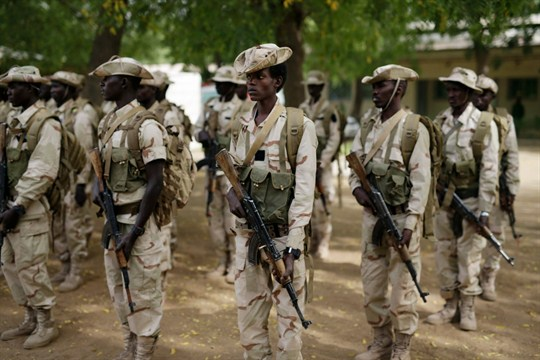Every expert on transnational jihadism knew that eradicating the Islamic State’s self-declared “caliphate” in Syria and Iraq would not lead to the end of this brutal, malignant movement.
Since it had become as much an ideology and a brand as an actual organization, holding physical territory and establishing a proto-state were important but not vital for the Islamic State, at least in the near term.
In response to its battlefield defeats in Iraq and Syria, the Islamic State has been dispersing, keeping its brand alive with hopes that someday it can take another shot at creating a state.
For now, most of the group’s core fighters have remained in Syria and Iraq but gone underground. Many foreign fighters have returned home, some trying to build new jihadist networks in their own country.
But the Islamic State has also been strategically dispersing to other parts of the Islamic world, linking with local jihadist groups, and, in some cases, trying to take control of their new allies.
 Eurasia Press & News
Eurasia Press & News




